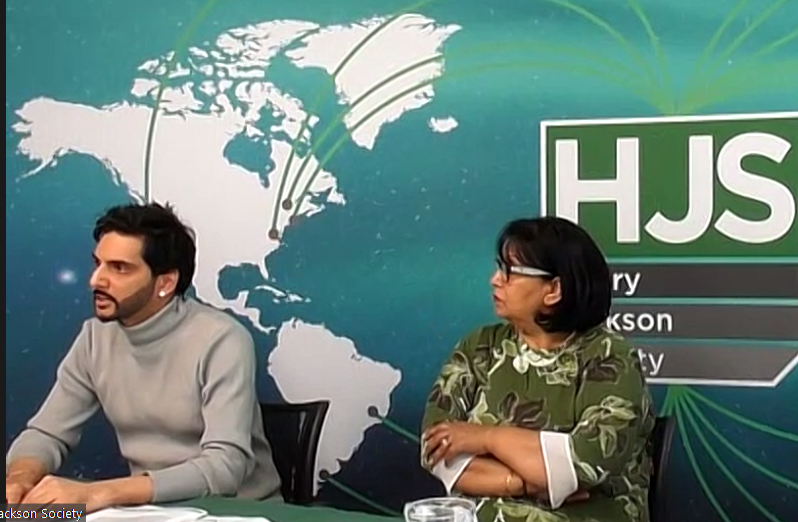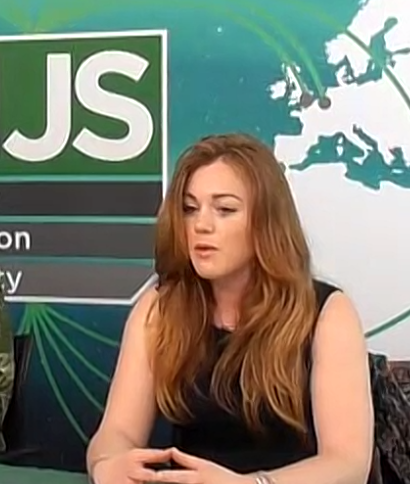The shocking revelations were presented in an interaction-led event recently during which Charlotte Littlewood, Dr Rishi Handa and Baroness Verma spotlighted the research, views and input on the subject, a reports Ragasudha Vinjamuri
Renewal of bullying policies may be the way forward to tackle anti-Hindu hatred that is found prevailing in UK schools as revealed by an anonymous months-long survey by Henry Jackson Society. The shocking revelations were presented in an interaction-led event recently during which Charlotte Littlewood, Dr Rishi Handa and Baroness Verma spotlighted the research, views and input on the subject.

The HJS study examined the prevalence of discrimination against Hindu pupils in the UK schools. There have been concerns that some schools’ approaches to teaching Hinduism are fostering prejudice. It is also felt that the teachers do not seem to be well equipped with the materials to teach about Hindu faith. The quality of teaching on Hinduism has been raised as a key concern by the surveyed parents.
Speaking on the occasion, Baroness Verma emphasised “No child should ever feel that school is going to be a place of fear, or a place where they cannot go and be themselves. Hate of any nationality is not acceptable. I am pleased that the report is here and that a torch has been shown on the issue. Teachers need to have a contextual understanding of the faiths that they are teaching to give a fair reflection on the subject”
While Charlotte suggested that polytheism is perhaps viewed from Abrahamic faith lens without understanding the spiritual essence and meaning, it is found that children were not willing to go to schools or change their schools as they got bullied for being Hindu. Adding to this, Dr Rishi Handa felt there is lack of decent material and resources on Hinduism as compared to resources on other faiths, leading to less number of students opting for GCSE in Hindu studies.

Responding to questions from audience, the speakers elucidated political sensitivity surrounding anti-Hindu hate pointing out that even press has not been engaging much on the subject, and that teachers need to be given tools, upskilling and confidence in order to tackle the situation.




